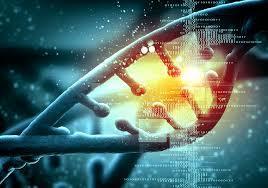Bioprinting has been all over the news in the past several years with headline-worthy breakthroughs like printed human skin, synthetic bones, and even a fully functional mouse thyroid... read more
Research and publish the best content.
Get Started for FREE
Sign up with Facebook Sign up with X
I don't have a Facebook or a X account
Already have an account: Login
 Your new post is loading... Your new post is loading...
 Your new post is loading... Your new post is loading...
|
|













Scientists at Harvard’s Jennifer Lewis Lab recently took the first step towards creating an artificial kidney that could one day replace biological donor kidneys. Using 3D printing, Lewis and her colleagues were able to re-create the tubule component of the kidney’s nephrons and give it a vascular network for blood flow.